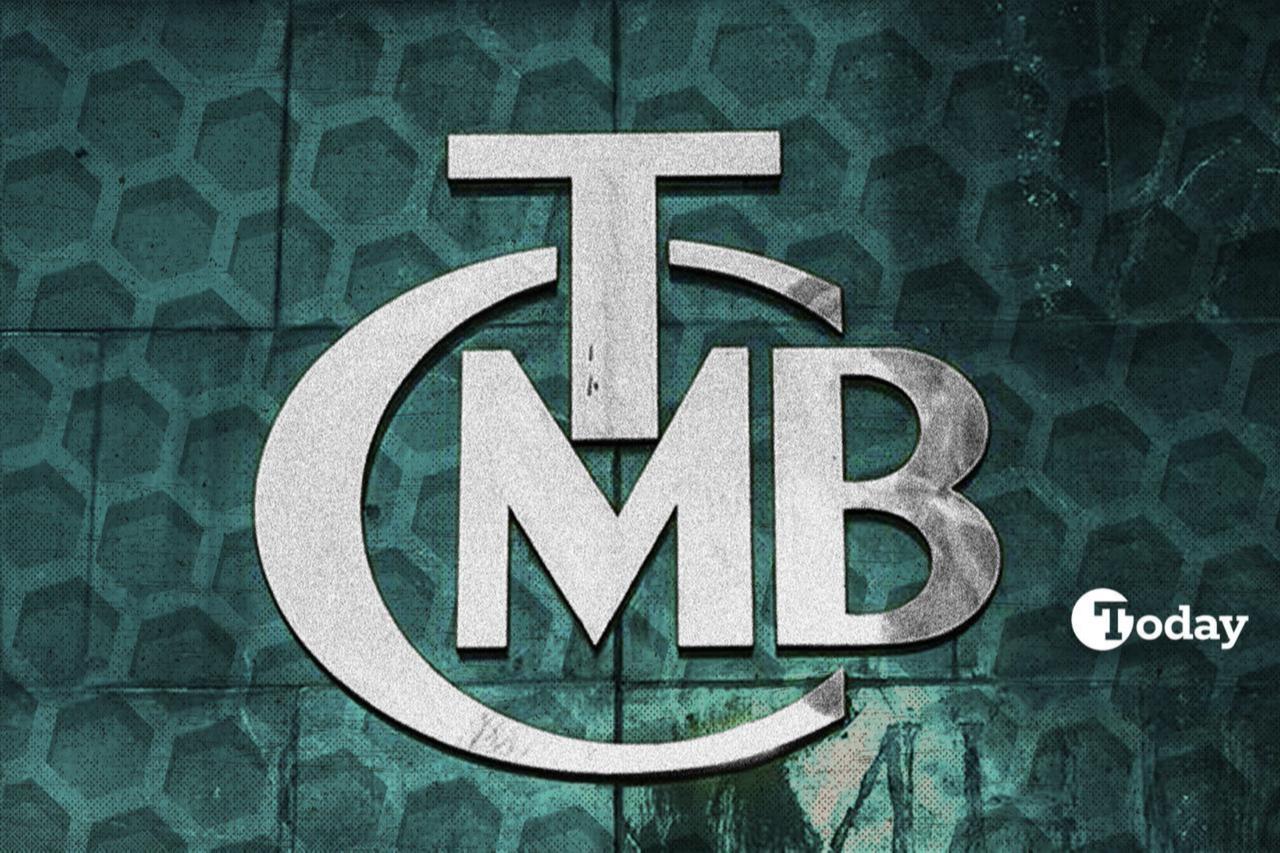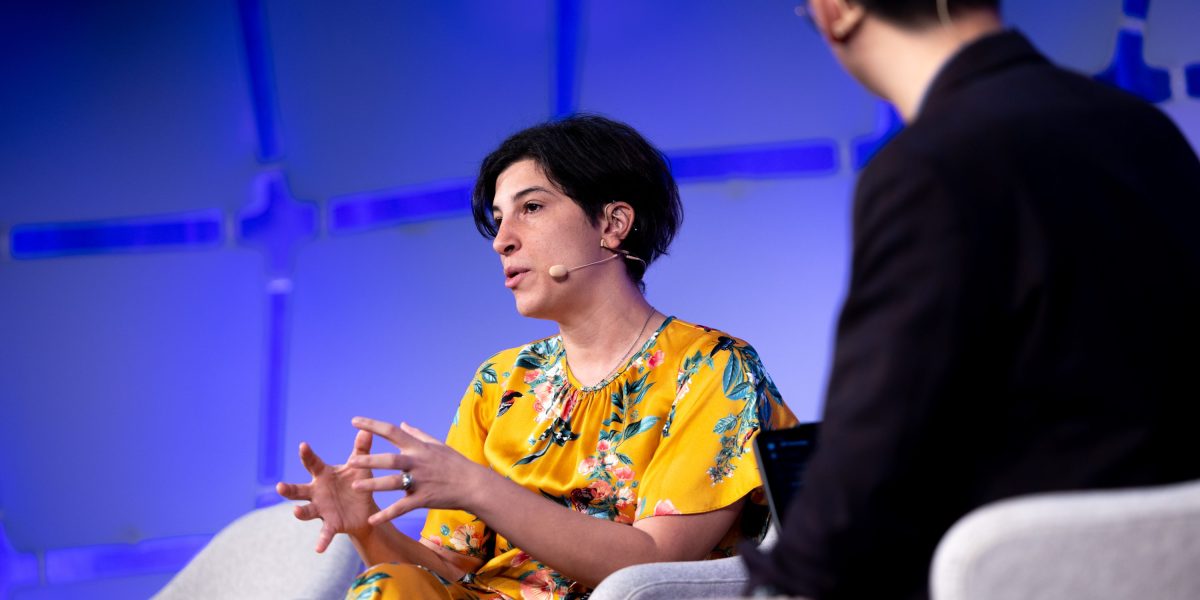A Year into Peace Process, Kurds Question Turkey’s Sincerity
The new bid for peace began a year ago with a handshake in parliament between hardline nationalist Devlet Bahceli, whose Nationalist Movement Party, MHP, is a junior partner of the ruling Justice and Development Party, AKP, and Tuncer Bakirhan, co-chair of the pro-Kurdish DEM Party.
The gesture stunned observers; weeks later, Bahceli called on the government to ease restrictions on Abdullah Ocalan, the jailed leader of the militant Kurdistan Workers’ Party, PKK, so he could “delcare the end of terrorism”. Soon after, Ocalan met his nephew, DEM MP Omer Ocalan, on the Imrali prison island where he has been held for more than 25 years.
In February this year, Ocalan penned a letter urging the PKK to disband; a ceasefire followed in March, and by July, fighters were publicly burning their weapons in Iraq’s Sulaymaniyah, symbolising the end of the 46-year conflict.
In August, parliament formed a Commission on Social Peace and Democratic Resolution and tasked it with developing reform proposals in the fields of democracy and the rule of law, in order to achieve a ‘Terror-Free Turkey’.
The commission comprises 51 members from across the Turkish political spectrum, including the AKP, the DEM Party, the MHP, the main opposition Republican People’s Party, CHP, and the centre-right opposition Good Party.
Legal experts, however, have questioned its legal foundation, given it was not established by formal legislation, and therefore its actual power to bring about change.
Speaking on the sidelines of a media event in Diyarbakir, Galip Ensarioglu, a Kurd and an MP of President Recep Tayyip Erdogan’s ruling AKP, told BIRN that if the peace process were to move ahead, “then Demirtas’s release should naturally follow”.
But, he added: “Waging war is easy, building peace is hard. This is the Middle East; things can change overnight.”
Recent polls reflect the uncertainty.
A September 2025 ASAL Research survey put public support for the peace process at 54.6 per cent, opposition at 33 per cent.
Support was highest among conservatives [76.3 per cent] and lowest among secular voters [54 per cent disapproval]. By ethnicity, 70 per cent of Kurdish respondents backed the process, compared to 48 per cent of those who identified as Turks.
Frustration is growing, warned Dogan Hatun, the DEM Party co-mayor of Diyarbakir.
“So far, the only tangible step has been the parliamentary commission” he told BIRN. “It’s valuable, but without constitutional reform, it risks becoming another stalling tactic. Hope is turning into despair.”
According to Hatun, DEM Party officials have spent the year “trying to inform and convince the public”. On the other hand, however, “We don’t see the government actively engaging with society”, Hatun said. “One-sided efforts can’t sustain peace.”



